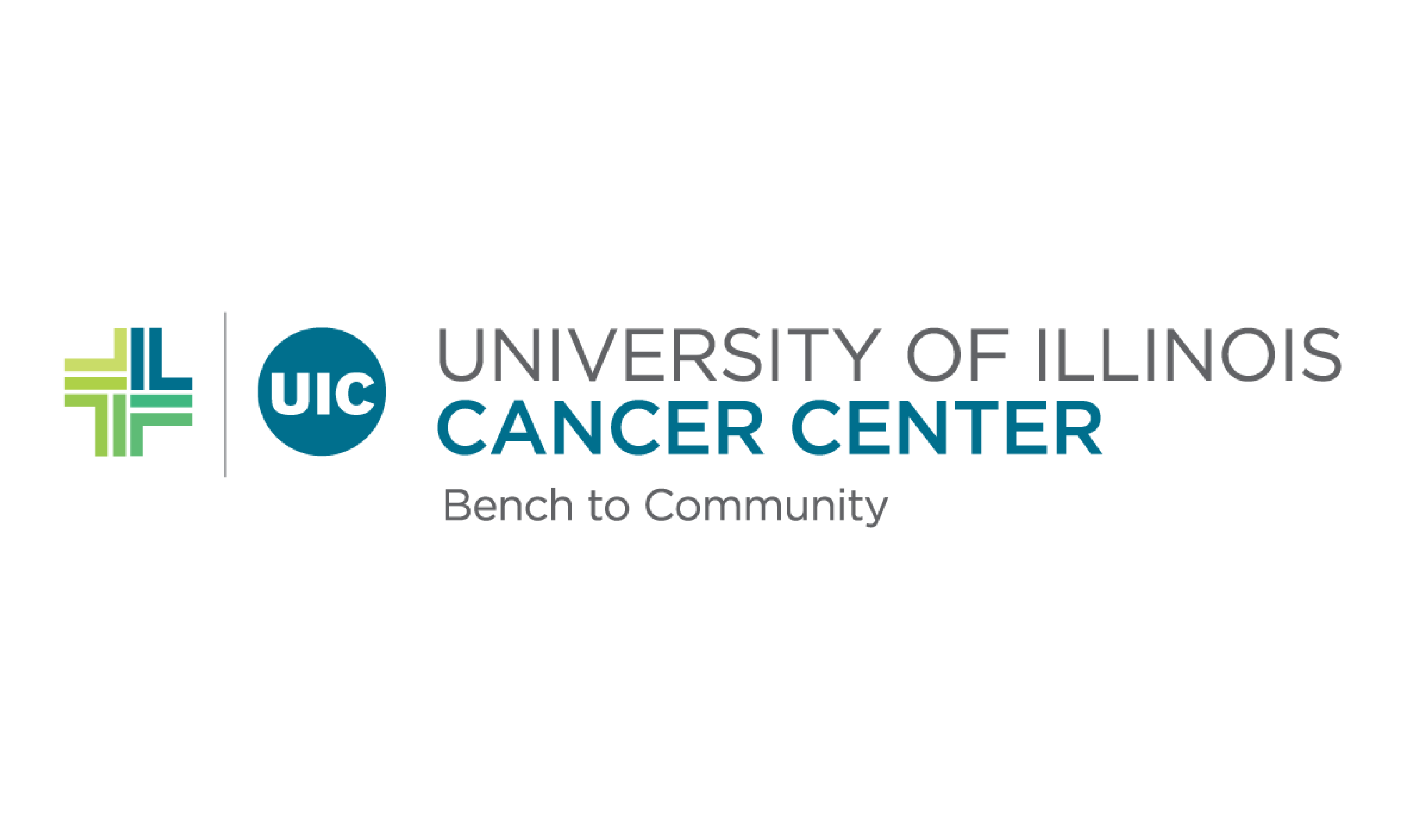

A new class of cancer drugs just now entering the marketplace seems promising so far, but researchers at the University of Illinois at Chicago – led by University of Illinois Cancer Center member Paul Grippo – urge doctors to take into account a patient’s weight and liver status before prescribing them.
The drugs are known as PI3K inhibitors, and they dramatically decrease the activation of a pathway commonly used by cancer cells to survive and multiply. But in a new mouse study published in the Proceedings of the National Academy of Sciences, investigators found that in mice fed a high-fat diet, these drugs might cause an increase in the number of pre-cancerous lesions in the pancreas.
“We know that inhibiting this pathway can cause cancer cells to die and lesions to shrink, but in mice engineered to develop pancreatic cancer and fed a diet where about half the calories came from fat, inhibiting the PI3K pathway led to the development of more pancreatic lesions than the same type of mice fed a more balanced diet,” said Grippo, PhD, associate professor of gastroenterology and hepatology in the UIC College of Medicine and corresponding author on the paper.
Grippo and his colleagues first confirmed that the PI3K pathway is involved in the development of pre-cancerous pancreatic lesions in mice. They used mice engineered to develop pancreatic cancer. Half the mice were also engineered to lack a key signaling molecule in the PI3K pathway, effectively rendering it unable to function. In mice with a silenced PI3K pathway, 20% of the pancreas had pre-cancerous lesions. Mice with functional PI3K pathways had twice as many precancerous lesions.
“This was not surprising given that we know the role of this pathway in helping promote the growth of cancer cells in other cancers,” Grippo said.
Read more from UIC Today here.
